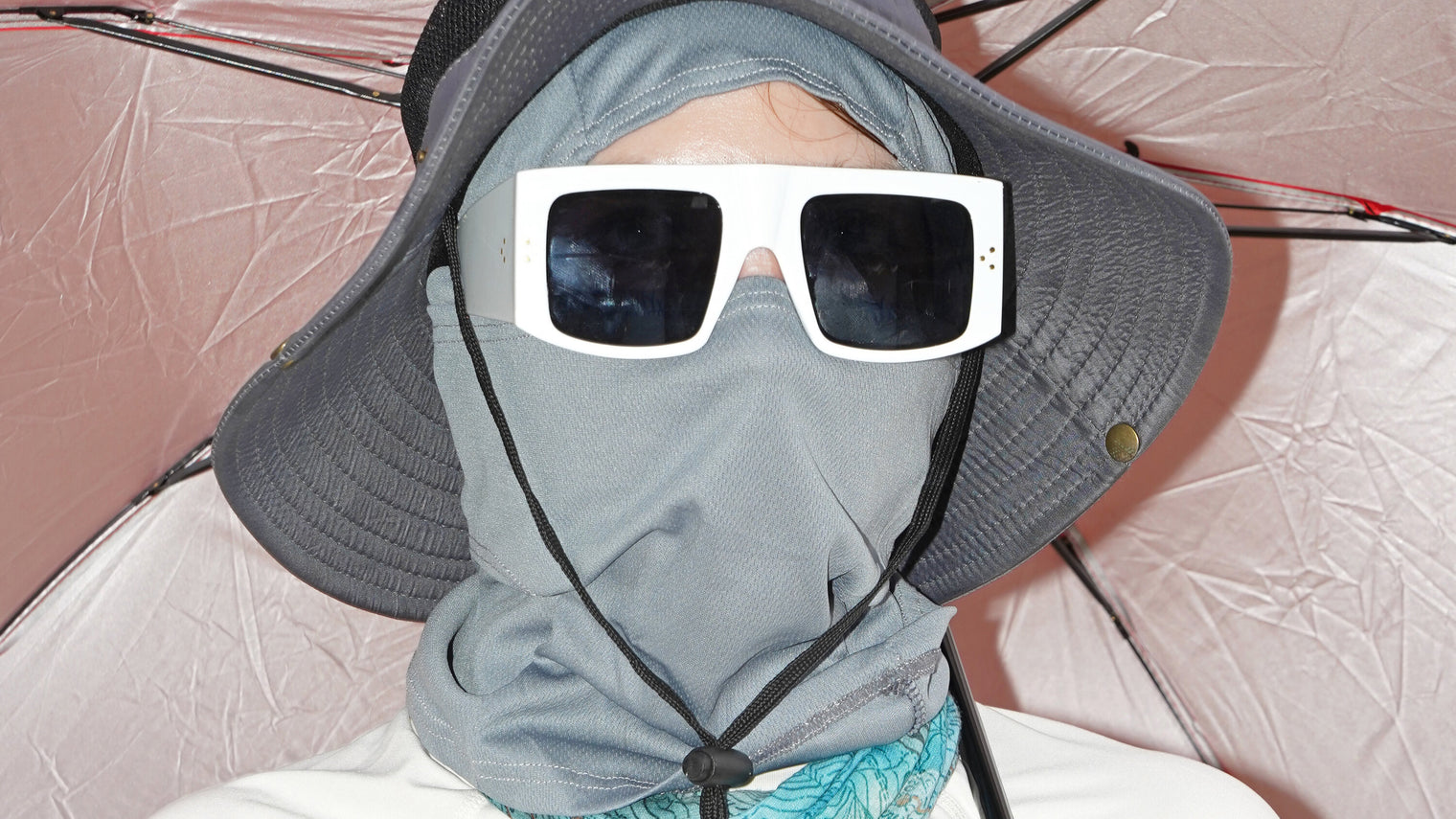Using SPF is crucial for sun protection, but other factors also play a significant role in how sensitive your skin is to the sun.
Jamie Winn, PharmD, medical director at Universal Drugstore, states, “To shield yourself effectively from the sun's harmful rays, a comprehensive approach to sun safety is essential. Begin with a broad-spectrum sunscreen of SPF 30 or higher, which protects against both UVA and UVB rays. Apply it generously and frequently, at least every two hours when outside and more often when swimming or sweating. Seek shade during peak sun hours, from 10 a.m. to 4 p.m., when UV radiation is strongest.
Wearing protective clothing, such as wide-brimmed hats, UV-protected sunglasses, and long-sleeved shirts and pants made of tightly woven fabrics, provides an extra layer of defense.
Be mindful of reflective surfaces like water, sand, (and snow), which can increase UV exposure.
Beyond this, here are 5 common things that make our skin MORE susceptible to sun exposure.
1. Anti-Aging Skincare Ingredients
Ingredients in anti-aging products, such as retinol, alpha-hydroxy acids (AHAs), beta-hydroxy acids (BHAs) like salicylic acid, benzoyl peroxide, and other exfoliants, increase the skin's sensitivity to sunlight. This makes the skin more prone to sunburn and irritation. UV radiation can also degrade these active ingredients, reducing their effectiveness. To protect your skin and maintain the benefits of these products, apply these correctives like serums in the evening.
2. Anti-depressants
Antidepressants like tricyclic antidepressants (TCAs) and selective serotonin reuptake inhibitors (SSRIs) can amplify the skin's reaction to UV radiation, increasing the risk of sunburn, skin rash, or other adverse reactions. Additionally, sunlight can potentially degrade some antidepressants, reducing their therapeutic effectiveness.
3. Antibiotics
Antibiotics can undergo photodegradation, where UV radiation from sunlight causes chemical changes in the medication, reducing its effectiveness. To prevent this, antibiotics should be stored in opaque containers and kept out of direct sunlight. Patients on antibiotics should also avoid prolonged sun exposure to ensure the medication remains effective.
4. Perfume
Fragrances often contain ingredients that can cause photo-toxicity or photo-allergy when exposed to sunlight, leading to skin irritation, redness, or severe burns. To minimize the risk, use fragranced products on areas of the body that are less exposed to sunlight or use at night.
5. Food and Drink
Certain foods and drinks can increase susceptibility to sunburn or skin sensitivity. Citrus fruits like lemons, oranges, and grapefruits contain compounds that can make the skin more sensitive to sunlight. Alcohol can dilate blood vessels and dehydrate the body, increasing skin sensitivity to UV rays. Spicy foods, high glycemic index foods, and processed or fried foods can also contribute to inflammation and affect the skin's recovery from sun exposure.
